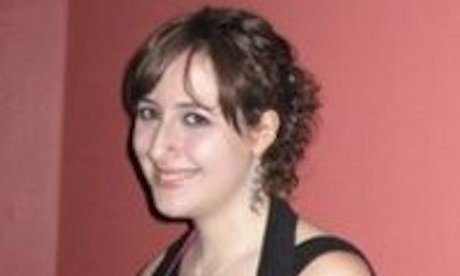In a recent episode of the CBS show Madam Secretary, there’s a scene where the Secretary of State’s husband—a renowned religion professor—is offered a position leading a special intelligence taskforce to track down Islamic terrorists.
“Your religious expertise should be invaluable,” the president and his chief of staff tell Dr. McCord when they offer him the job. When he replies with, “My background is really more medieval,” they chuckle. “Well, so is our enemy,” the chief of staff responds.
I had to laugh. I majored in religion in college, have a graduate degree in theology, and currently work at U.S. Catholic magazine. The thought of myself or any of my classmates, colleagues, or professors leading a super-secret spy team to single-handedly bring down ISIS is, to put it mildly, a bit of a stretch.
But then I read real-life Secretary of State John Kerry’s essay in America. “If I headed back to college today, I would major in comparative religions rather than political science,” he says. “Religious actors and institutions are playing an influential role in every region of the world and on nearly every issue central to U.S. foreign policy.”
Apparently, television isn’t as far from reality as I thought. And while the thought of my theology professors as super spies is still a little much, I’m starting to see what Kerry meant.
Before all the dense theological tomes, before the immersion into history and biblical studies and the classes in pastoral care, liturgy, and public speaking, I entered college as a chemistry and environmental studies major. I wanted to save the world—even if my 18-year-old self hadn’t quite figured out quite what that would look like.
When I was informed I had to take a first-year writing seminar, I chose the one that seemed to overlap best with my chosen majors—“Religion and the Environment.” It wasn’t long before I was hooked. I had never considered how people’s faiths affect their actions in the world or how our religious beliefs can motivate us to advocate for climate justice or to deny climate change altogether. Continue reading
- Emily Sanna is the web editor and an associate editor at U.S. Catholic.
News category: Analysis and Comment.




